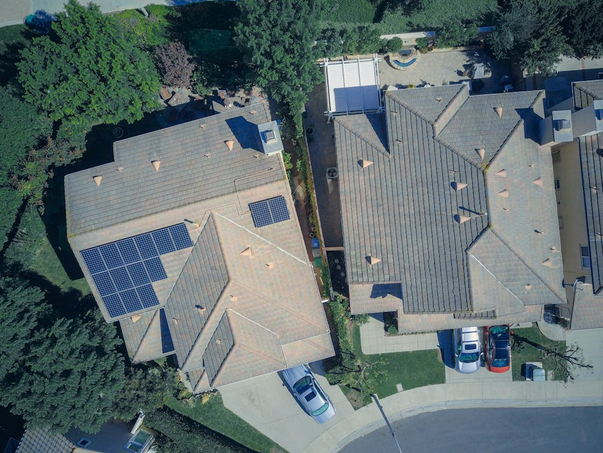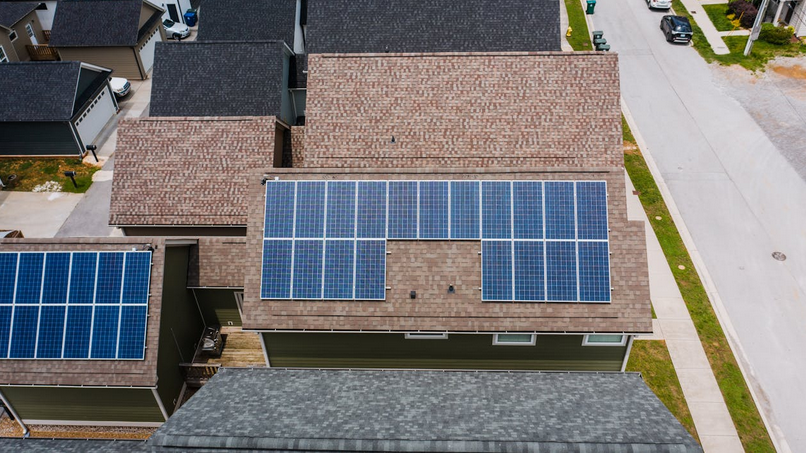
The Future of Residential Solar Panel Technology: Trends and InnovationsThe Future of Residential Solar Panel Technology: Trends and Innovations
In recent years, residential solar panel technology has undergone remarkable advancements, paving the way for a more sustainable and energy-efficient future. Installations of solar panels in Essex have become a testament to these advancements, offering homeowners beyond a robust solution for reducing their carbon footprint and energy costs while embracing renewable energy on a local level. As we look ahead, several key trends and innovations are shaping the landscape of solar power for homes.
Efficiency
One of the most exciting trends in residential solar panel technology is the continuous improvement in efficiency. Solar panels are becoming more efficient at converting sunlight into electricity, thanks to advancements in materials and manufacturing processes. This means homeowners can generate more electricity from the same amount of sunlight, maximizing energy production and reducing overall costs.
Durability and Longevity
Future solar panels are expected to be more durable and longer-lasting. Innovations in materials, such as improved coatings and stronger frames, are making panels more resistant to weather damage and wear over time. This durability not only extends the lifespan of solar panels but also enhances their reliability in various environmental conditions.

Integration With Smart Home Technologies
The integration of solar panels with smart home technologies is another exciting development. Homeowners can now monitor their energy production and consumption in real time using smart meters and mobile apps. This allows for better energy management, optimization of usage patterns, and potential integration with other smart devices in the home.
Energy Storage Solutions
The future of residential solar technology includes advancements in energy storage solutions, such as solar batteries. These batteries allow homeowners to store excess energy generated during the day for use during peak demand periods or at night when solar production is reduced. This helps to further reduce reliance on the grid and maximize self-consumption of solar energy.
Thin-Film Solar Panels
Thin-film solar technology is gaining attention for its flexibility and versatility. Unlike traditional rigid panels, thin-film solar cells can be integrated into building materials like roofs, windows, and even clothing. This opens up new possibilities for solar power integration in urban environments and diverse architectural designs.
Solar Panel Design and Aesthetics

As solar technology evolves, there is a growing focus on improving the aesthetics of solar panels. Manufacturers are exploring new designs and colors to blend seamlessly with various architectural styles. This trend is making solar panels more attractive and appealing to homeowners who value both sustainability and aesthetic appeal.
Advancements in Manufacturing Processes
Innovations in manufacturing processes are driving down the cost of solar panels and increasing production efficiency. Techniques such as 3D printing and automated assembly lines are streamlining production, making solar energy more accessible and affordable for homeowners worldwide.
As we venture into the future, residential solar panel technology holds immense promise for transforming how we generate and consume energy at home. With advancements in efficiency, durability, smart integration, and design aesthetics, solar panels are becoming not just a practical energy solution but also a cornerstone of sustainable living. Embracing these trends and innovations can empower homeowners to harness the full potential of solar energy, contributing to a cleaner and greener planet for generations to come.…